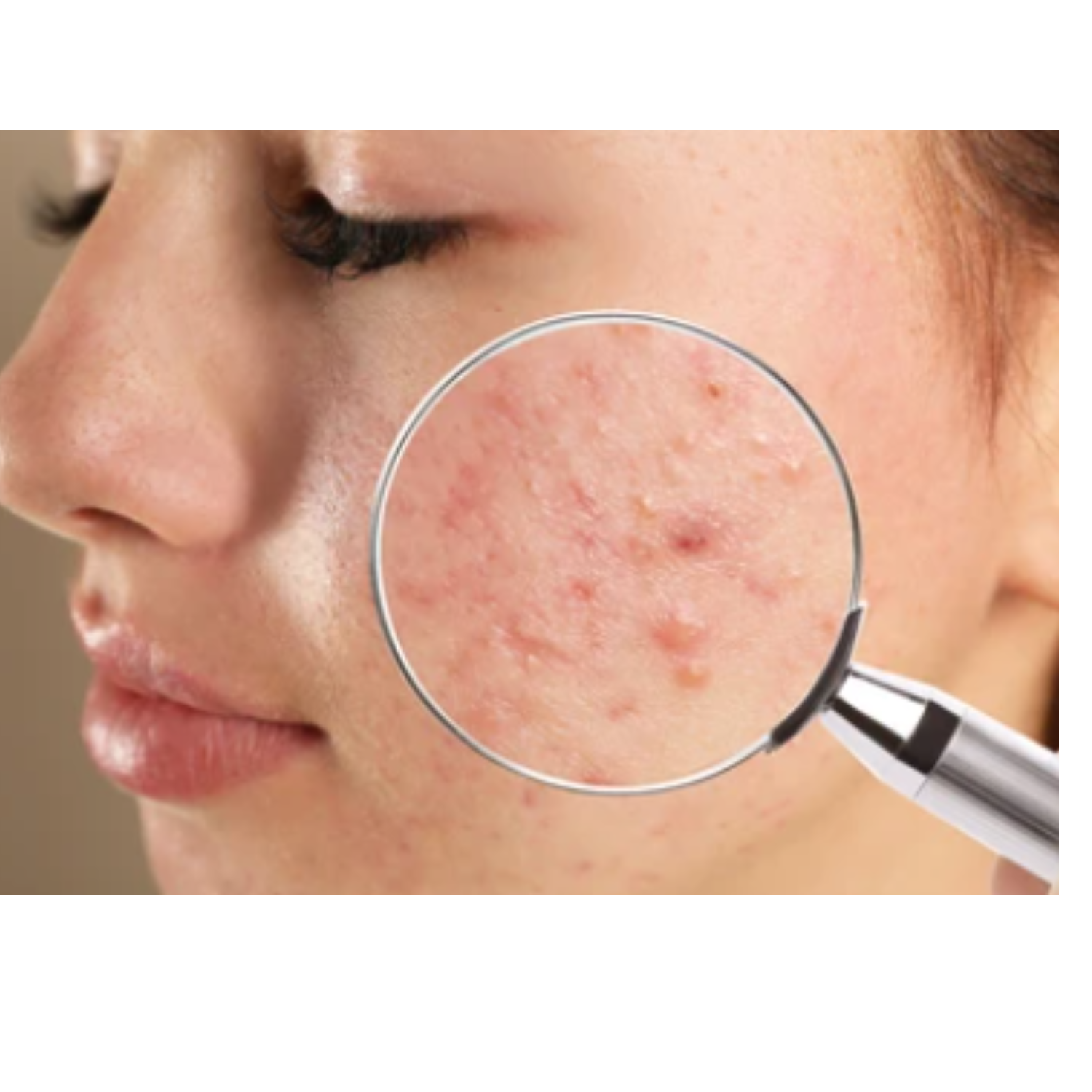Who are the Dermatologists?
Doctors who specialise in managing conditions affecting the skin, hair, and nails are known as dermatologists. Acne, psoriasis, eczema, skin cancer, and other conditions are just a few of the conditions they are trained to identify and treat. Cosmetic procedures including Botox, fillers, and laser treatments are also sometimes provided by dermatologists.
When Should You Visit A Dermatologist in Bangalore?
You should visit a dermatologist in Bangalore if you are experiencing any skin, hair, or nail-related problems such as rashes, acne, hair fall, fungal infections, and other skin conditions. You should also visit a dermatologist if you notice any changes in moles or growths on your skin or if you have a family history of skin cancer.
Educational Qualifications of a Dermatologist?
Dermatologists in India require a medical degree (MBBS) followed by a postgraduate degree (MD/DNB) or a diploma in dermatology, venereology, and leprosy. Additionally, some dermatologists may pursue further specialization through fellowships in cosmetic or pediatric dermatology.
What should be expected on one’s first visit to a dermatologist?
A dermatologist will inquire about your medical background and the symptoms you are currently experiencing during your initial appointment. The dermatologist will then examine your skin, hair, or nails and may recommend further tests or a biopsy to determine the cause of your condition. Afterwards, they will make a treatment plan recommendation based on their diagnosis.
How to choose a dermatologist near you?
A dermatologist visit can be advantageous for almost everybody. A dermatologist can assist adults and teenagers in controlling their acne, enhancing the appearance of their skin, and avoiding skin cancer. A dermatologist should be seriously considered if you have a skin problem. How can you locate the best dermatologist who suits your needs? The following are some crucial considerations.
Ask for referrals – To start, request a list of dermatologists from your primary care physician. Also, ask your family, friends, and other medical experts for their recommendations.
Look for credentials – A dermatologist’s board accreditation is among the most important qualities to search for. You can rest assured knowing the doctor has the training, real-world experience, and licencing needed to practise dermatology.
Go for the experienced dermatologist – When you have problems with the condition or appearance of your skin, hair, or nails, experience matters. The better your outcomes are likely to be, the more experience a dermatologist has with a particular condition or procedure.
Inquire About Telehealth Services – Telehealth is the process of using communication technologies to diagnose and treat different illnesses, such as two-way video, smartphones, and email. Consult your practitioner to find out if telehealth services are offered.
A Communication Style Evaluation – Select a dermatologist with whom you can communicate easily and who will support your informational requirements. Ask a question and watch the dermatologist’s response when you first meet them.
Check reviews – A doctor’s style of medical practice and the management of his or her medical practice can be learned by reading what other individuals have to say about him or her.
Understand the Coverage of Your Insurance – It makes sense to get insurance coverage. You might need to select a dermatologist who takes part in your plan if you want to get the greatest insurance benefits and pay the least out-of-pocket for your care.
Conclusion
Dermatologists are crucial in the diagnosis and treatment of a wide range of conditions impacting the skin, hair, and nails. With their expertise and specialized training, they can provide effective treatment plans that help improve the health and appearance of their patients. In India, dermatologists require a medical degree followed by a postgraduate degree or diploma in dermatology, venereology, and leprosy. Additionally, some may pursue further specialization through fellowships in cosmetic or pediatric dermatology. This extensive training ensures that dermatologists are equipped with the knowledge and skills necessary to diagnose and treat a variety of skin conditions.


